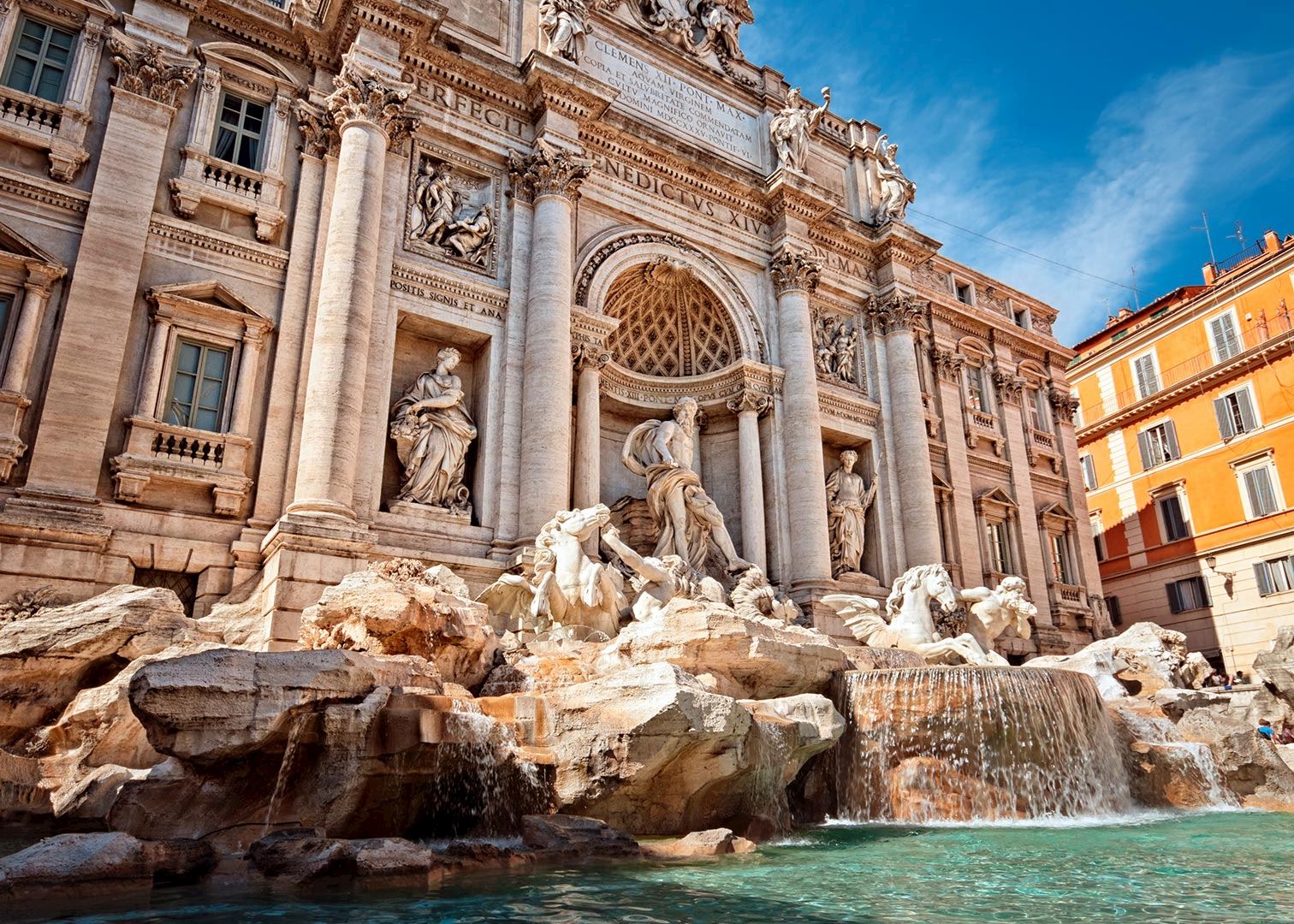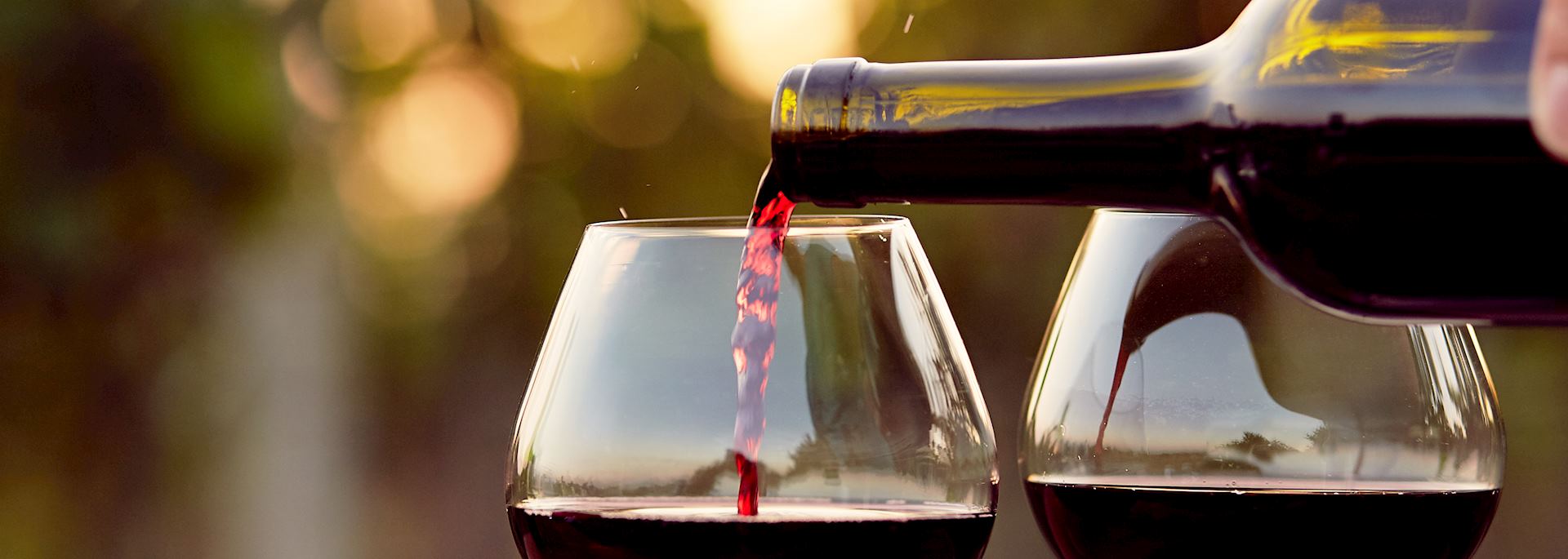Practical Information
Quite aside from its world-renowned cuisine, refined wines and cheese, and beckoning capital city, France is also a pioneer in the art world. It has inspired movements from Impressionism to Cubism, as well as literary figures from Victor Hugo to the Lost Generation of writers, which included Ernest Hemingway.
Its Mediterranean climate and varied landscape dotted with regal chateaux, rolling hills and coastal retreats make France an ideal destination for any visitor.
Planning your trip
Although France consistently features as one of the world’s top travel destinations, we still employ our same philosophy of finding new, different ways to look at a country, listening to your individual needs and interests to design an experience. We can send you to the right locations and find the best experiences, using our extensive in-country knowledge to tailor an itinerary specifically for you.
Language
The official language of France is French. It’s an eloquent language full of emotion and poetry, particularly adept at expressing romance or political zeal. It’s quite common to find English speakers in Paris and the larger cities, and most airports and train stations feature signs in both French and English, making exploring the country easier.
Food & drink
France is highly regarded for its rich cuisine, with many arguing that its basic culinary techniques and flair for refinement has influenced cooking styles around the world. France is home to over 300 varieties of cheese, the most well-known being Camembert, Brie and Roquefort. Paired with these could be any one of over 400 wines that France is known for producing, from sauvignon blanc made in the Loire Valley to pinot noir from Burgundy, to merlot and cabernet sauvignon from the Dordogne, to Champagne. In the morning, though, nothing quite compares to sitting in a café with a cup of coffee and a croissant or pain au chocolat, other quintessential French staples.
Festivals & holidays
France celebrates 11 public holidays each year, but aside from those an abundance of festivals and celebrations take place throughout the year. The French Ministry of Culture and Communication puts on events and festivals all year long, from annual music festivals across the country, such as the Fête de la Musique (Music Day) on 21st June, to the National Days of Archaeology and European Heritage Days. France also hosts some famous international events, such as the Tour de France, held every July, and the Cannes Film Festival, where the Hollywood glitterati come dressed in their finest.
Public Holidays
1st January – New Year’s DayMarch/April – Easter Monday (date varies)
1st May – Fête du Travail (Labor Day, also known as May Day)
8th May – VE Day
May/June – Ascension Thursday (date varies)
May/June – Whit Monday, or ‘Pentecôte’ (date varies)
14th July – Bastille Day
15th August – Assumption
1st November – All Saints’ Day
11th November – Armistice Day
25th December – Christmas Day
Tipping
By law, restaurants and bars are required to include a 15% service charge on all bills, so tipping isn’t necessary. For exceptional service, you can leave a small extra tip of about 5–10% of the bill, but nothing more. Otherwise, a practice of rounding up the bill is perfectly acceptable for a taxi ride, for example.
Money & expenses
France’s currency is the euro, which is easy to buy prior to travel. Visa and Mastercard are widely accepted at ATMs and in restaurants and shops. It’s important to note, however, that credit cards without a chip often don’t work or may not be accepted at all, so if you don’t have a chip card you’ll want to request one from your bank before you depart, or be prepared to use cash. It’s also worth knowing that in some cafés there’s a slightly higher charge for enjoying your coffee at a table.
Communications
The country calling code for France is +33. Making international calls from hotels can be expensive, but some restaurants and cafés offer complimentary Wi-Fi, as do most hotels, making online services such as Skype and FaceTime good options for keeping in touch. Although it’s possible to purchase a SIM card on arrival in France, if your phone is unlocked, it will still only be valid for just over a week before you’ll be required to send off proof of residence. Top-up credit is then purchased from any convenience store or tobacconist known as a tabac. We therefore don’t recommend this as a viable option.
Travel Advice
Our country specialists can advise on any safety concerns you may have. For current information, please refer to the Foreign, Commonwealth & Development Office website.
When to go to France
You'll find temperature and rainfall information, together with a month-by-month guide on visiting, on our guide for when to go to France.
More Information
-
Flight Time
1 hour 15 upwards dependent on airline (London to Paris) -
Time Zone
UTC +1


